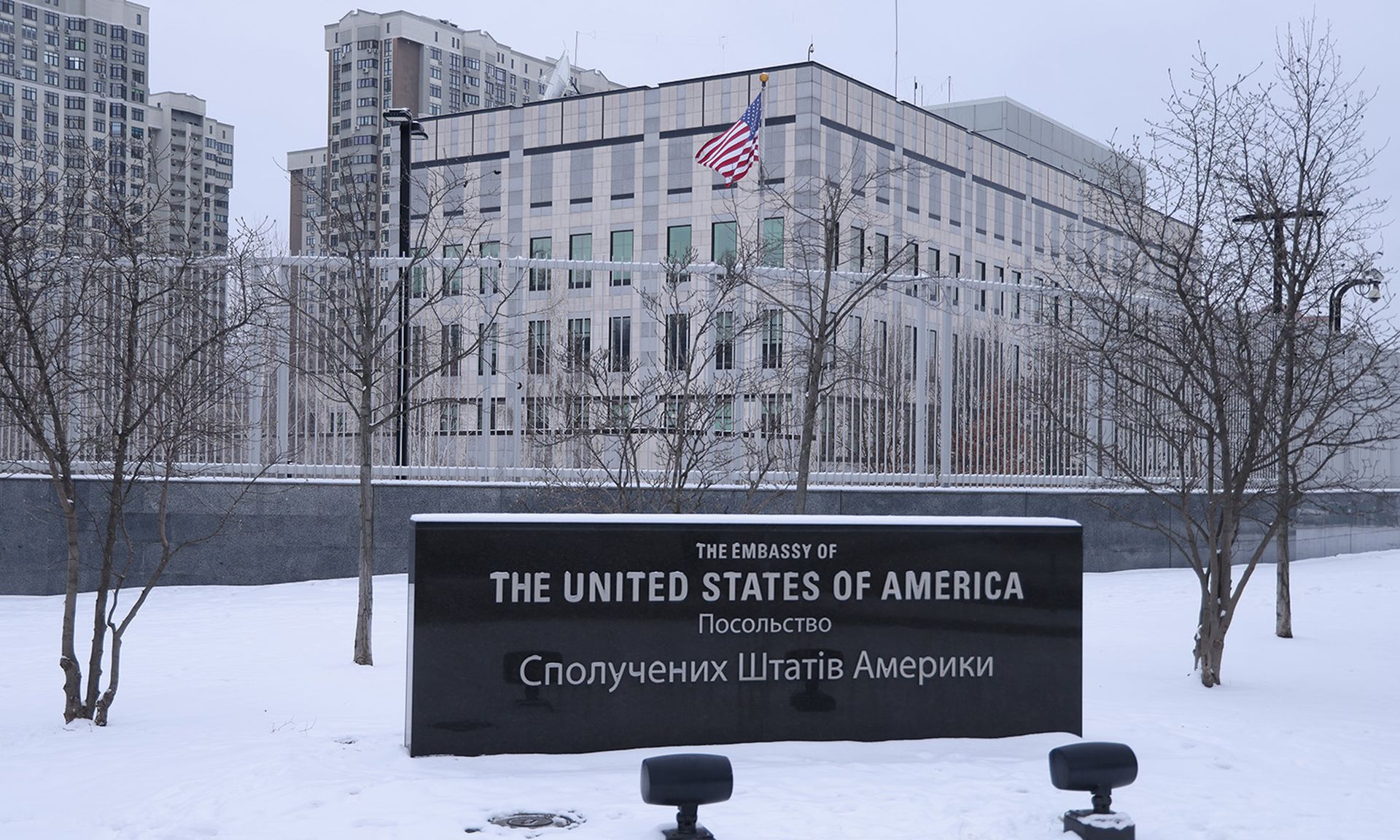The Department of Homeland Security warned critical infrastructure stakeholders and state and local governments in the U.S. to be diligent about potential Russian cyberattacks in a Jan. 23 memo, CNN's Sean Lyngaas reported Monday.
"Russia maintains a range of offensive cyber tools that it could employ against U.S. networks — from low-level denials-of-service to destructive attacks targeting critical infrastructure," the memo reportedly read.
While the memo reportedly said Russia could conceivably attack the United States if it perceived a threat to its Ukrainian incursion from either the U.S. or NATO, the memo also reportedly said the U.S. had not seen Russia try to use that kind of sabotage of United States physical infrastructure in the past.
Though the memo appears to have been more a precautionary measure than an indication about specific intelligence of a pending attack, Russia's aggression in the Ukraine has lead to global cybersecurity issues in the past.
In 2017, NotPetya, a wiper attack disguised as ransomware, rapidly disrupted infrastructure worldwide, including the global shipping giant Maersk; a Pittsburg-based healthcare firm; Saint Gobain; lawfirm DLA Piper, and others. Global victims were the second-order effects of malware originating from a supply chain attack on Ukrainian accounting software required for companies in that country to report tax records. The NotPetya attacks were widely attributed to Russia, despite the rapidly spreading malware eventually reaching Russian systems.
In 2020, the United States indicted six officers in Russia's GRU intelligence agency for the NotPetya attack.




